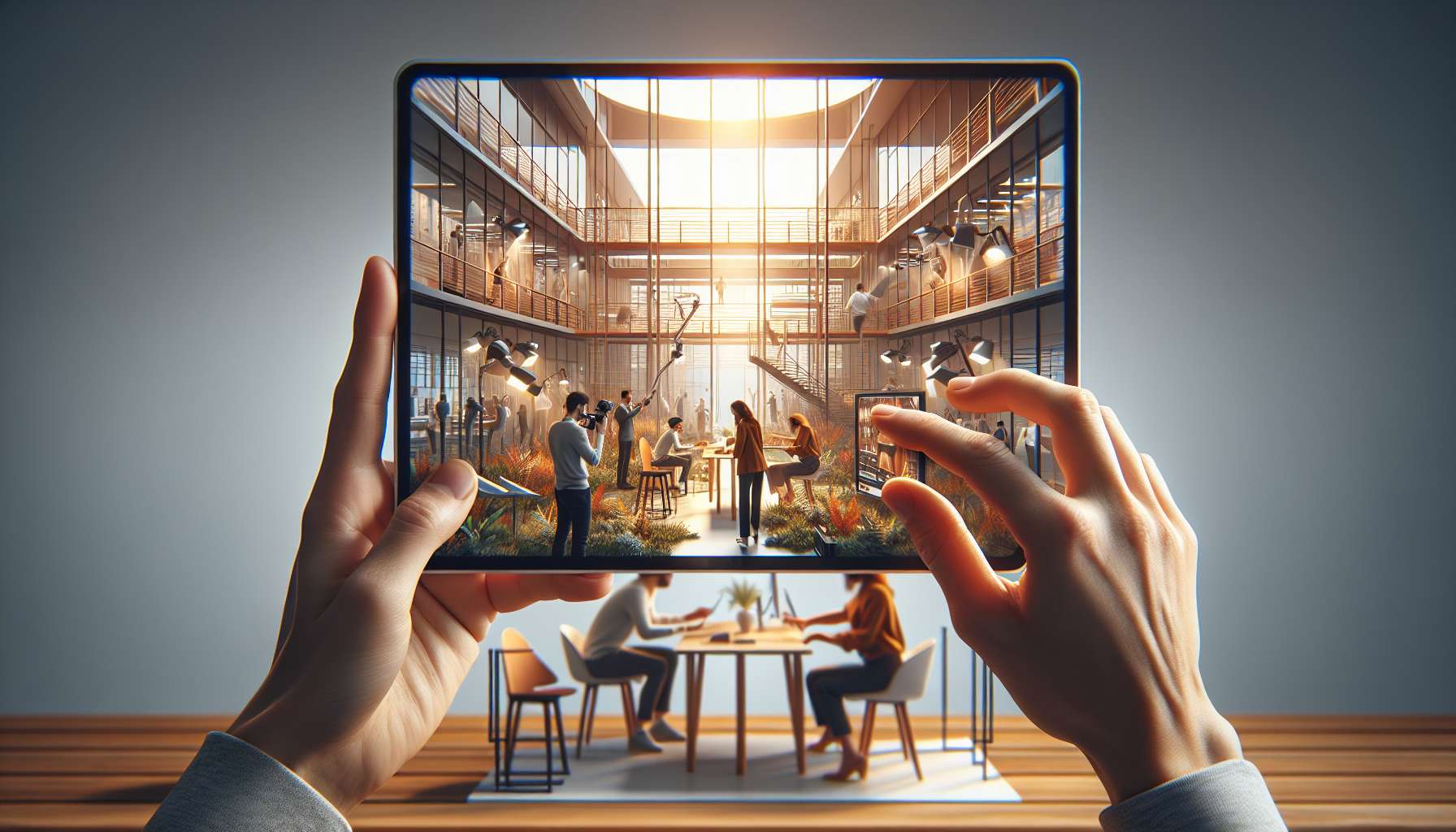Unlocking New Possibilities: How AR is Revolutionizing B2B Marketing Tools
As technology continues to evolve, businesses are constantly seeking innovative ways to engage with their target audience. Augmented Reality (AR) has emerged as a game-changer in the marketing world, offering exciting opportunities for businesses to enhance their B2B marketing tools and drive customer engagement to new heights. In this article, we will explore how AR is being integrated into B2B marketing tools, revolutionizing the way businesses connect with their customers.
1. Interactive Product Demonstrations
One of the most powerful applications of AR in B2B marketing is the ability to create interactive product demonstrations. With AR, businesses can provide potential customers with a virtual experience of their products, allowing them to visualize and interact with them in real-time. This immersive experience not only captures the attention of potential buyers but also helps them make more informed purchasing decisions.
2. Virtual Showrooms and Trade Shows
AR is transforming the way businesses showcase their products and services at trade shows and exhibitions. Instead of relying on physical displays, companies can now create virtual showrooms using AR technology. This not only saves costs but also allows businesses to showcase a wider range of products in a limited space. Attendees can explore these virtual showrooms using their smartphones or AR-enabled devices, providing a unique and memorable experience.
3. Personalized Marketing Campaigns
AR enables businesses to create personalized marketing campaigns that resonate with their target audience. By leveraging AR technology, companies can deliver customized content and experiences based on the individual preferences and needs of their customers. Whether it’s personalized product recommendations or interactive advertisements, AR empowers businesses to deliver highly targeted and engaging marketing campaigns.
4. Enhanced Training and Onboarding
AR is not only transforming customer-facing marketing tools but also revolutionizing internal processes. B2B companies can leverage AR to enhance training and onboarding programs for their employees. By providing interactive and immersive training experiences, businesses can accelerate the learning process and improve employee productivity. AR can simulate real-life scenarios, allowing employees to practice and refine their skills in a safe and controlled environment.
5. Data Visualization and Analytics
AR can also be integrated into B2B marketing tools to provide real-time data visualization and analytics. Businesses can use AR to present complex data in a visually appealing and easily understandable format. This enables decision-makers to gain valuable insights and make data-driven decisions more effectively. AR-powered analytics dashboards and visualizations can help businesses identify trends, spot opportunities, and optimize their marketing strategies.
Embracing the Future of B2B Marketing
The integration of AR into B2B marketing tools is just the beginning of a transformative journey. As technology continues to advance, we can expect even more exciting applications of AR in the marketing landscape. From virtual reality-powered product simulations to AI-driven personalized marketing experiences, the possibilities are endless.
Businesses that embrace AR-enhanced marketing tools gain a competitive edge by delivering immersive experiences, capturing the attention of their target audience, and driving higher engagement. As a mid-high level business executive, it’s crucial to stay ahead of the curve and explore the potential of AR in your marketing strategies. The future of B2B marketing is here, and it’s augmented.





